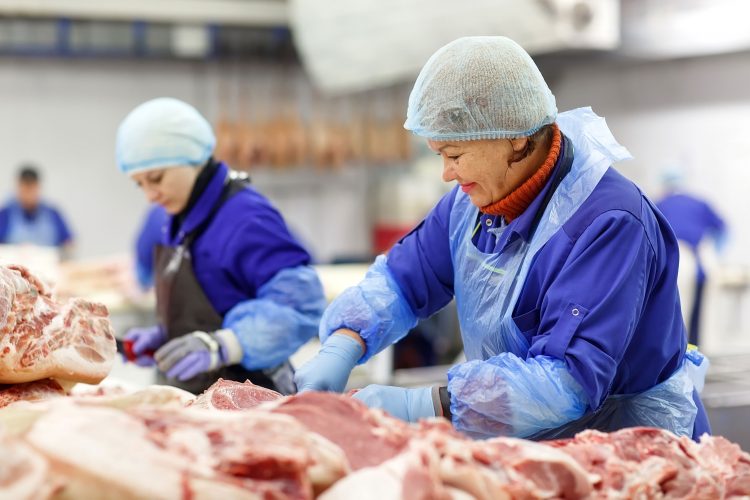BMPA calls for support for the meat industry during COVID-19 pressure
- Like
- Digg
- Del
- Tumblr
- VKontakte
- Buffer
- Love This
- Odnoklassniki
- Meneame
- Blogger
- Amazon
- Yahoo Mail
- Gmail
- AOL
- Newsvine
- HackerNews
- Evernote
- MySpace
- Mail.ru
- Viadeo
- Line
- Comments
- Yummly
- SMS
- Viber
- Telegram
- Subscribe
- Skype
- Facebook Messenger
- Kakao
- LiveJournal
- Yammer
- Edgar
- Fintel
- Mix
- Instapaper
- Copy Link
Posted: 19 March 2020 | Sam Mehmet (New Food) | No comments yet
The British Meat Processors Association (BMPA) has called for support from the government as increased demand, combined with workers being advised to isolate, has put extreme pressure of the meat sector.


Amid the current uncertainty surrounding COVID-19, demand for retail products from supermarkets has seen a 20-30 percent rise while orders from the out-of-home food service sector have had a huge drop-off, according to the British Meat Processors Association (BMPA).
However, not all meat processing companies are able to simply divert capacity to increase supply to the supermarkets, the group warned.
Suppliers to the food service industry generally produce bulk packs that are often frozen and they do not have the packaging and machinery to produce the kind of vacuum and modified atmosphere product with the requisite nutrition labelling that the retail trade requires.
The pressure is therefore on the remaining food processing factories that are set up for this, BPMA noted, and these retail suppliers are reportedly currently working to full capacity to meet this unprecedented demand, but not without challenges.
Meat processing is said to be highly labour intensive, with large numbers of staff working at close quarters. While the Food Standards Agency (FSA) has assured the public that infection cannot be spread via food, BPMA has said the risk is that infected workers cause either whole shifts to be shut down or critical skills to be temporarily lost from the workforce for 14 days.
This is deepened by the fact that some waged workers, potentially unwell, will not stay at home for statutory sick pay of £94.25 per week – less than a quarter of typical wages in the meat processing sector.
Large processing operations are also vulnerable because Business Interruption Insurance protection does not cover losses or closure related to COVID-19, and government support for business interruptions only relates to small businesses.
“We believe it is essential that measures designed to protect businesses with fewer than 250 employees are extended to include large businesses operating in the strategically important food processing sector,” said Nick Allen, CEO of BMPA.
“We are also calling for sick pay for people off work with COVID-19 (voluntarily or medically) to be increased and refunded to all food companies regardless of size.
“The sustained operation of the food industry is an essential service to the UK population and economy during this crisis. BMPA is working with farmers, retailers, Defra, the Food Standards Agency and organisations up and down the food supply chain to formulate a pragmatic approach to these challenges.
“We are calling for some regulatory flexibility in areas such as country-of-origin labelling, veterinary duties in abattoirs and the 10-day shelf life rule, which our research shows can be safely extended for all red meat.
“We now call on government to put the measures in place that will enable food processors and manufacturers to maintain supplies to the British public.”









